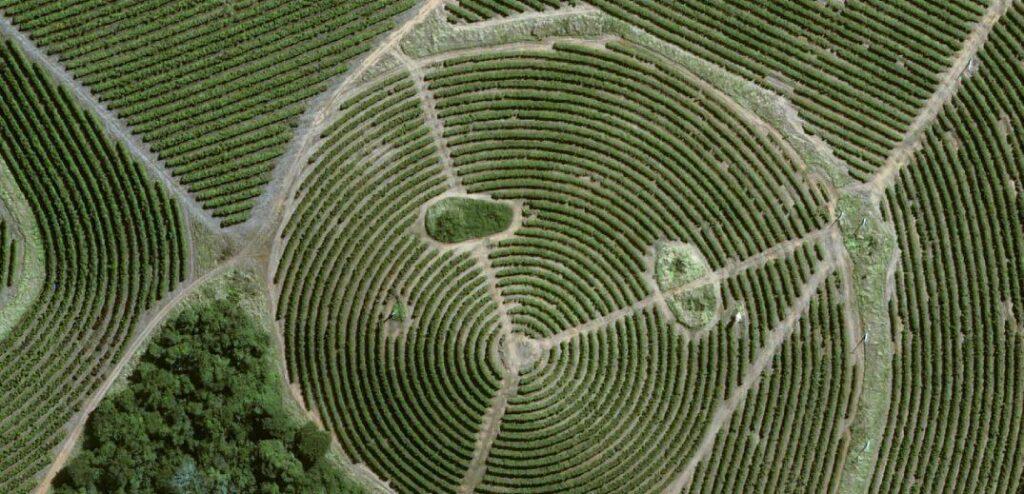Nestlé To Test New Satellite Technology For Reforestation Projects
Food giant Nestlé has announced that it is commencing a pilot for Airbus’s new Pléiades Neo satellites to monitor its reforestation efforts.

Nestlé will use the high-resolution images generated by this technology to ensure that the trees it planted in sourcing regions continue to thrive over the long term.
The initiative will help the company demonstrate the amount of carbon it has removed from the atmosphere through its Global Reforestation Programme – a part of its 2050 net zero emissions ambition.
Initially, the new technology will be tested in the Ranong and Chumphon provinces of southern Thailand, where a reforestation project has been ongoing since last year.
Pléiades Neo satellites will monitor more than 150,000 shade trees in farms from where Nestlé sources its coffee, over a 20-year period, the company noted.
Shade trees help prevent coffee’s over-exposure to the sun, and increase yield and productivity in the long term, while removing carbon from the atmosphere.
The outcome of this pilot will determine whether Nestlé will expand the use of this technology to other locations around the world.
Related news
GLP 1: passing hype or a lasting trend?
🎧 Hallgasd a cikket: Lejátszás Szünet Folytatás Leállítás Nyelv: Auto…
Read more >Nestlé to sell remaining ice-cream assets but commits to Froneri venture
🎧 Hallgasd a cikket: Lejátszás Szünet Folytatás Leállítás Nyelv: Auto…
Read more >Nestle USA adds prebiotic beverages
🎧 Hallgasd a cikket: Lejátszás Szünet Folytatás Leállítás Nyelv: Auto…
Read more >Related news
Festival buzz at the 60th anniversary EuroShop trade fair
🎧 Hallgasd a cikket: Lejátszás Szünet Folytatás Leállítás Nyelv: Auto…
Read more >No matter how much you save, food and gadgets always take the money
🎧 Hallgasd a cikket: Lejátszás Szünet Folytatás Leállítás Nyelv: Auto…
Read more >








